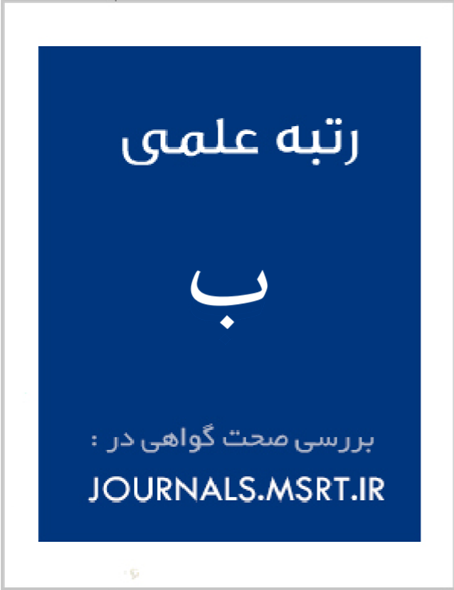A Qualitative Study of Lived Moral Patterns in Religious Communities Facing Emerging Technologies
Keywords:
Lived ethics, religious communities, emerging technologies, ethical challenges, media literacy, ethics redefinitionAbstract
This study aimed to investigate the lived moral patterns in religious communities facing emerging technologies. This qualitative study was conducted using semi-structured interviews with 20 participants from religious communities in Tehran. Data were collected until theoretical saturation and analyzed through thematic analysis using NVivo software. Results indicated that religious communities face challenges such as the duality between traditional values and technology, ethical anxiety, conflicting interpretations of the permissibility of technologies, and privacy concerns. In response, strategies like reinterpreting religious values in a contemporary framework, prioritizing values, selective use of technology, internalized self-control, and religious consultation are employed for ethical adaptation. Additionally, consequences such as weakening of traditional religious authority, reconstruction of moral identity based on digital experience, and enhancement of ethical discourse in online spaces were observed. The encounter of religious communities with emerging technologies is a complex process requiring redefinition of values and the development of ethical frameworks rooted in religious teachings. Religious institutions can play a pivotal role through education and modeling to guide ethical technology use.
Downloads
Downloads
Published
Submitted
Revised
Accepted
Issue
Section
License

This work is licensed under a Creative Commons Attribution-NonCommercial 4.0 International License.


